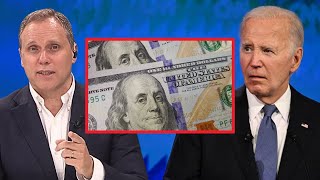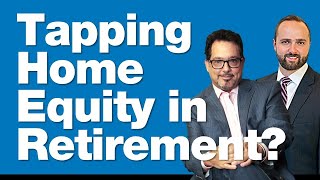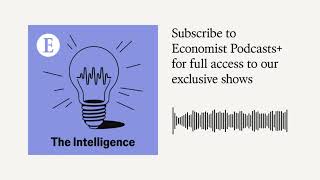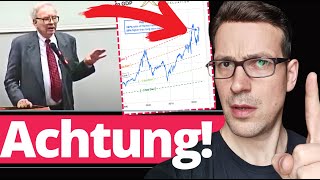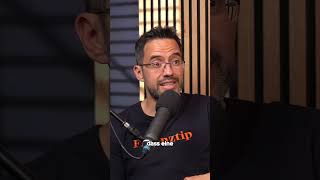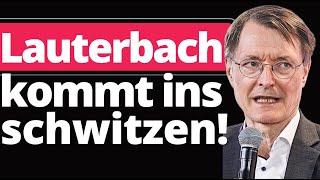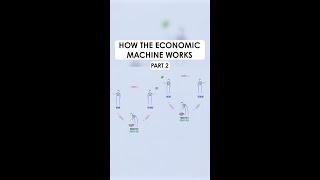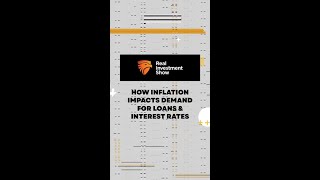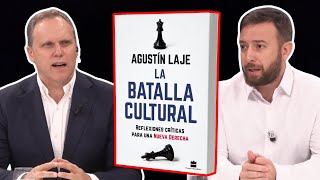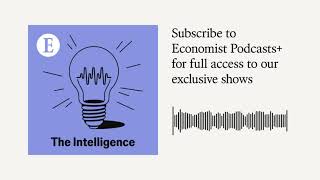| SERIES 2.2: POST-CAPITALISM
7 MAR – IZABELLA KAMNISKA (FINANCIAL TIMES): UBERISATION OF THE ECONOMY: GOSPLAN 2.0 The sharing economy isn’t what you think it is. Nor is the platform economy. Furthermore, we’ve been here before. Last time it was under the guise of ‘red plenty’. Could we be sleep walking our way into a technocratic dictatorship? The first signs to suggest we are are already bubbling over: from safe harbour disagreements to Uber boycots. In this presentation I will explain why the most important factor the techies in Silicon Valley are forgetting is that there is no such thing as free, that cross subsidisation doesn’t create an ecosystem, and that things are always relative and subject to diminishing returns. The digital business models of today are simply obscuring fixed costs vs marginal costs, whilst encouraging predation. Which wouldn’t be so bad if they weren’t also encouraging underinvestment in the real economy, precarious systemic interconnectedness and many other vulnerabilities. They’re also kicking the problem of the tragedy of the commons down the road. Once the world wakes up to the costs of the digital liberty illusion, the hangover could be considerable. Ultimately this all comes down to the theory of Anacyclosis, best summed up as what has before will happen again, and that real innovation is really, really hard. Most of the time what passes off as innovation today amounts to nothing more than redrawing the lines in the sand and a zero-sum game. The underlying sandbox hasn’t arguably been busted through since the industrial revolution itself. Bio: Izabella Kaminska is a writer, commentator and blogger for the Financial Times and its blog FT Alphaville. She’s been a journalist for Reuters, CNBC and the Warsaw Business Journal. She’s interested in connecting the dots between all the stuff that nobody really thinks is related. How does a computer processor cause the 2008 banking crisis? What does the price of oil have to do with Switzerland? What’s the London super sewer got to do with faster payments? How is the art world a precursor to bitcoin? What does an Amazon parcel delivery service got to do with Blythe Masters? She spent some time messing about in the Post Soviet republics of Azerbaijan and Georgia when she was straight out of school. Academically she holds an undergraduate in Ancient History from UCL, a master’s in journalism from what was then LCP and an art foundation course from Chelsea College of art. |
Tags:






















